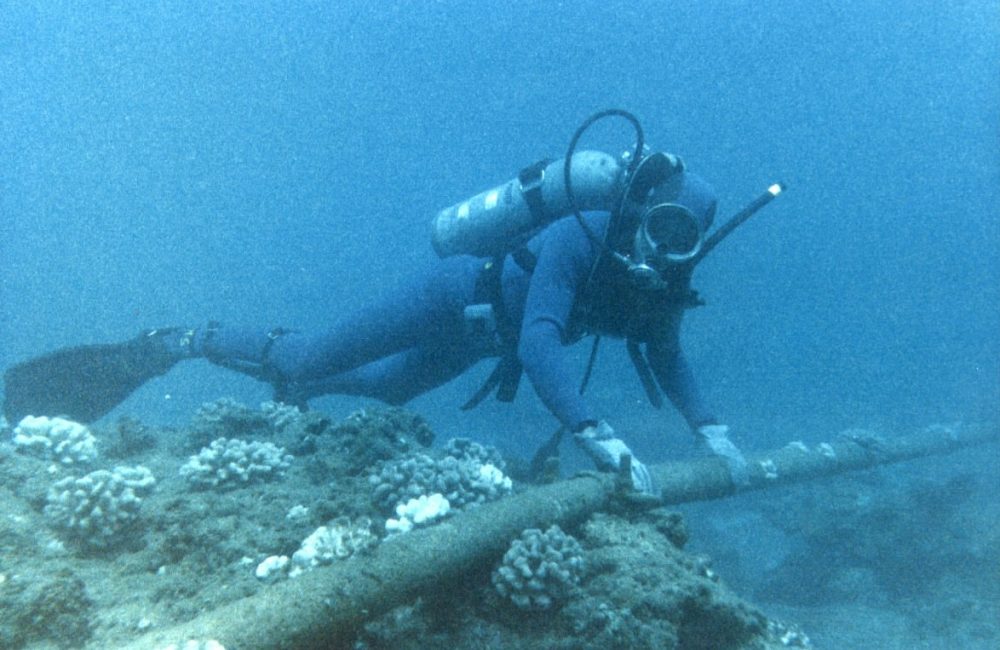Google to Bring 60 Tbps Internet to Asia Through Undersea Route

Google along with some major Asian telecom companies is planning to bring high-speed internet connectivity to Asia using undersea cables that will connect the two sides of the pacific in a technological alliance. The cables will connect western USA to Japan. The data transmission speed of this cable is an astounding 60 Terabits per second (Tbps.)
For this mega venture, Google will partner with some of the major telecom names in Asia such as China Mobile International and China Telecom Global. From Malaysia, there is the Global transit, from Japan KDDI and Singapore’s Singtel will also be a part of this venture.
The cables, aptly named ‘Faster’ will aid in quenching the thirst of massive internet traffic in these growing markets. Google’s senior vice president of technical infrastructure, Urs Hölzle describes the project on his Google+ page as a backbone infrastructure development for its Android system and Google Cloud computing Platform.
[quote text_size=”small” author=”Urs Hölzle” link=”https://plus.google.com/u/0/+UrsH%C3%B6lzle/posts/haJzDXnp9Z4″]
“At Google we want our products to be fast and reliable, and that requires a great network infrastructure, whether it’s for more than a billion Android users or developers building products on Google Cloud Platform. And sometimes the fastest path requires going through the ocean. That’s why we’re investing in FASTER, a new undersea cable that will connect major West Coast cities in the US to two coastal locations in Japan with a design capacity of 60 Tbps (that’s about ten million times faster than your cable modem).”
[/quote]
NEC Corporation will act as a system supplier for the FASTER cable system. NEC has more than 30 years of experience in constructing over 200,000 kilometers of cables (that’s like five times the circumference of Earth.) NEC is one of the world’s top vendors of submarine cable systems.
Google has previously invested in other undersea initiatives too like UNITY in 2008 and SJC (South-East Asia Japan Cable) in 2011. The company’s initiative to speed up the internet will help boost innovation in the countries connected through this network. It will aid in facilitating home grown products that will have an equal opportunity to stand in the world and find consumers in a different part of the world. These forms of infrastructural development have the potential to evolve the human race into one interdependent and functional species which can aim for the stars together. Though the thought is a Utopian one but Google deserves the kudos for investing in real world technological infrastructure which will be beneficial to it, as well as the people.























